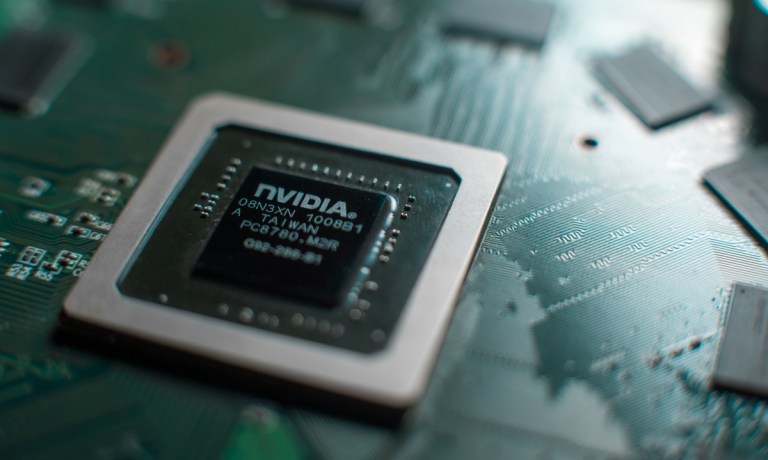The latest collaboration, announced Wednesday (June 12), is designed to optimize data and AI workloads by bringing Nvidia’s accelerated computing to the core of Databricks’ data intelligence platform.
“As data prep, curation and processing workloads are essential to using enterprise data for generative AI applications, the companies’ work together is designed to boost the efficiency, accuracy and performance of AI development pipelines for modern AI factories,” Databricks said in a news release.
The partnership will see Databricks add native support for Nvidia GPU acceleration on the Databricks Data Intelligence Platform. The two companies had first teamed up last year when Nvidia invested in Databricks.
In March, the companies expanded that partnership in hopes of optimizing data and AI workloads on the Databricks Data Intelligence Platform using Nvidia’s accelerated computing and software.
“Data is the fuel for the generative AI industrial revolution, so reducing data processing energy demands with accelerated computing is essential to sustainable AI platforms,” Jensen Huang, founder and CEO of Nvidia, said in the news release Wednesday.
Advertisement: Scroll to Continue
“Databricks is the pioneer of large-scale data processing. By bringing NVIDIA CUDA acceleration to Databricks’ core computing stack, we’re laying the foundation for customers everywhere to use their data to power enterprise generative AI,” Huang added.
In announcing its earnings last month, Nvidia — as PYMNTS wrote — exceeded Wall Street expectations and offered reassurance to investors and analysts who had been watching for the company’s results as a bellwether for the broader AI industry.
The $3 trillion chipmaker reported that its revenue for the quarter had risen 18% compared to the previous quarter and jumped 262% from the same quarter a year earlier.
Huang attributed the company’s revenue growth to businesses and governments that are teaming with Nvidia to transition from their traditional data centers to “AI factories” that will provide productivity gains in most industries.
Earlier this month, Huang said Nvidia plans to update its AI accelerators each year, with the Blackwell Ultra chip expected in 2025, and will roll out a next-generation AI platform in 2026.
With this expansion, the CEO said he also expects companies and government agencies to increasingly embrace generative AI.

